There are many different types of pests that can affect vegetable gardens in Queensland, Australia. Some common examples include:
-
Aphids: These small, sap-sucking insects can damage plants by feeding on their leaves and stems.
-
Caterpillars: Some types of caterpillars, such as cabbage white caterpillars, can cause significant damage to vegetable plants by eating their leaves.
-
Slugs and snails: These pests can damage plants by eating holes in the leaves and stems.
-
Thrips: These small, winged insects can damage plants by feeding on their leaves and flowers, causing them to become distorted and stunted.
-
Whiteflies: These small, white insects can damage plants by feeding on their sap, causing leaves to yellow and wilt.
There are several steps you can take to manage pests in your vegetable garden, including the following:
-
Identify the pests: The first step in managing pests is to accurately identify the pests that are affecting your plants. This will help you determine the most appropriate control measures to take.
-
Practice good garden hygiene: Keeping your garden clean and free of debris can help prevent pests from taking hold. Remove weeds and debris regularly, and practice crop rotation to help prevent pests from establishing themselves in your garden.
-
Use physical controls: Some physical control measures, such as removing infested plants or using traps or barriers, can be effective in managing pests.
-
Use chemical controls: If physical controls are not sufficient, you may need to use chemical pesticides to manage pests. There are many different types of pesticides available, including insecticides, herbicides, and fungicides. It's important to follow the instructions on the label carefully and use the appropriate amount of pesticide to avoid damaging your plants.
-
Use biological controls: Some garden pests can be managed using biological controls, such as introducing predators or parasites that feed on the pests. This can be a more sustainable and environmentally friendly option than using chemical pesticides.
Overall, managing pests in your vegetable garden requires a combination of good garden hygiene, physical and chemical controls, and possibly biological controls. The specific control measures you choose will depend on the pests you are dealing with and the plants you are growing.




Share and get 15% off!
Simply share this product on one of the following social networks and you will unlock 15% off!